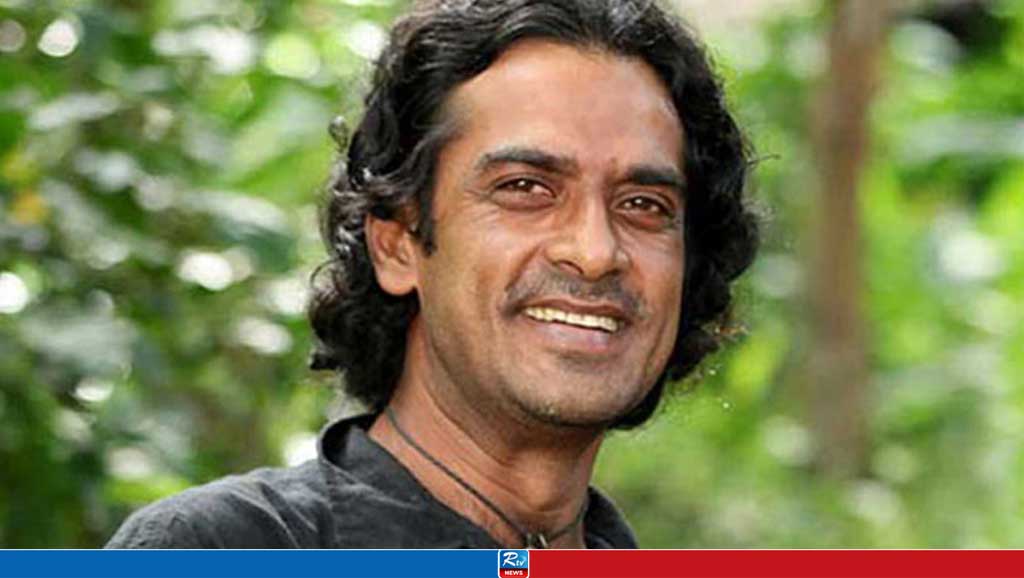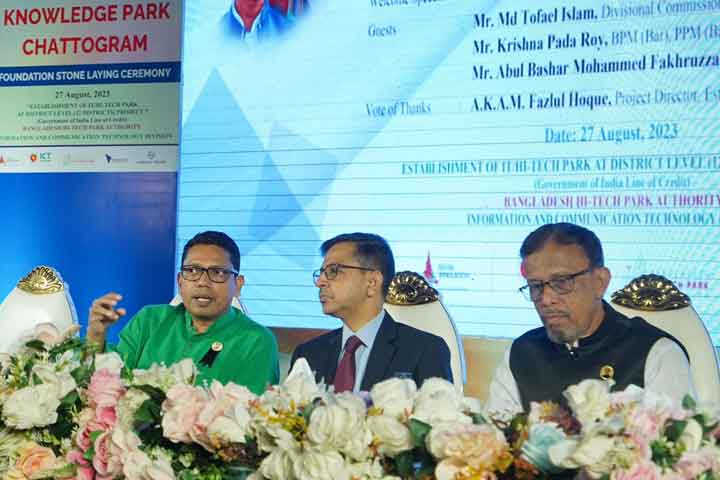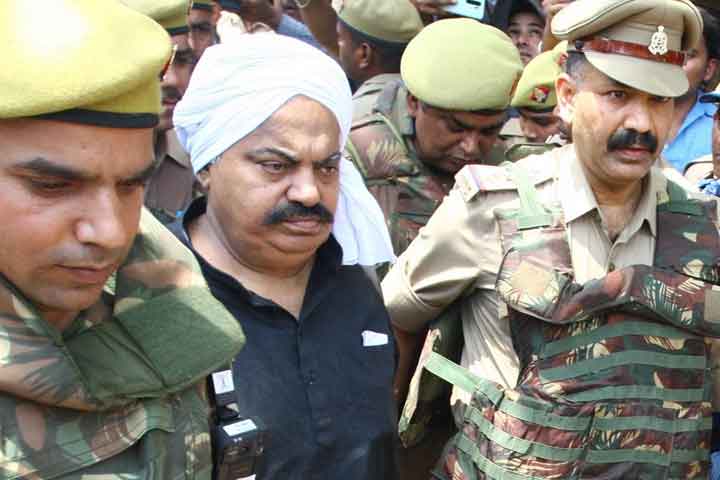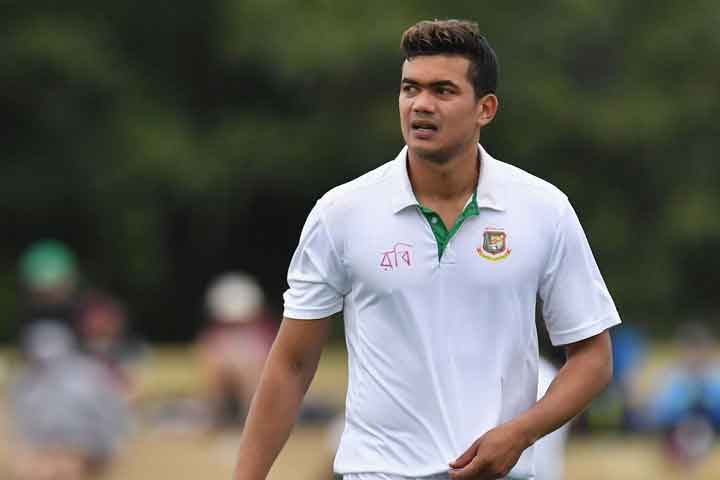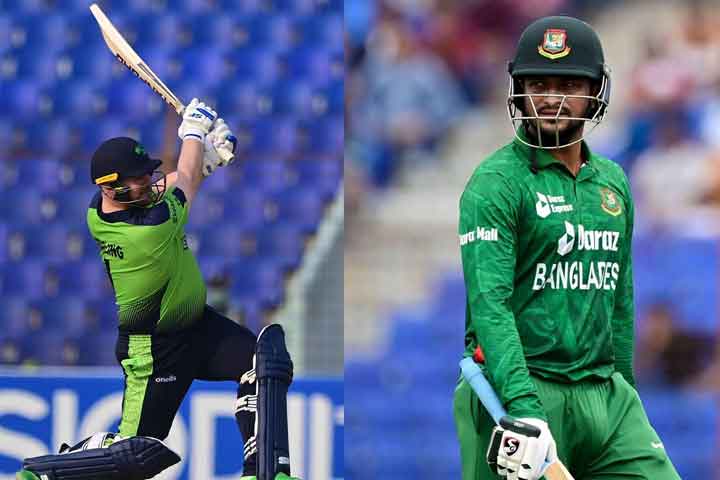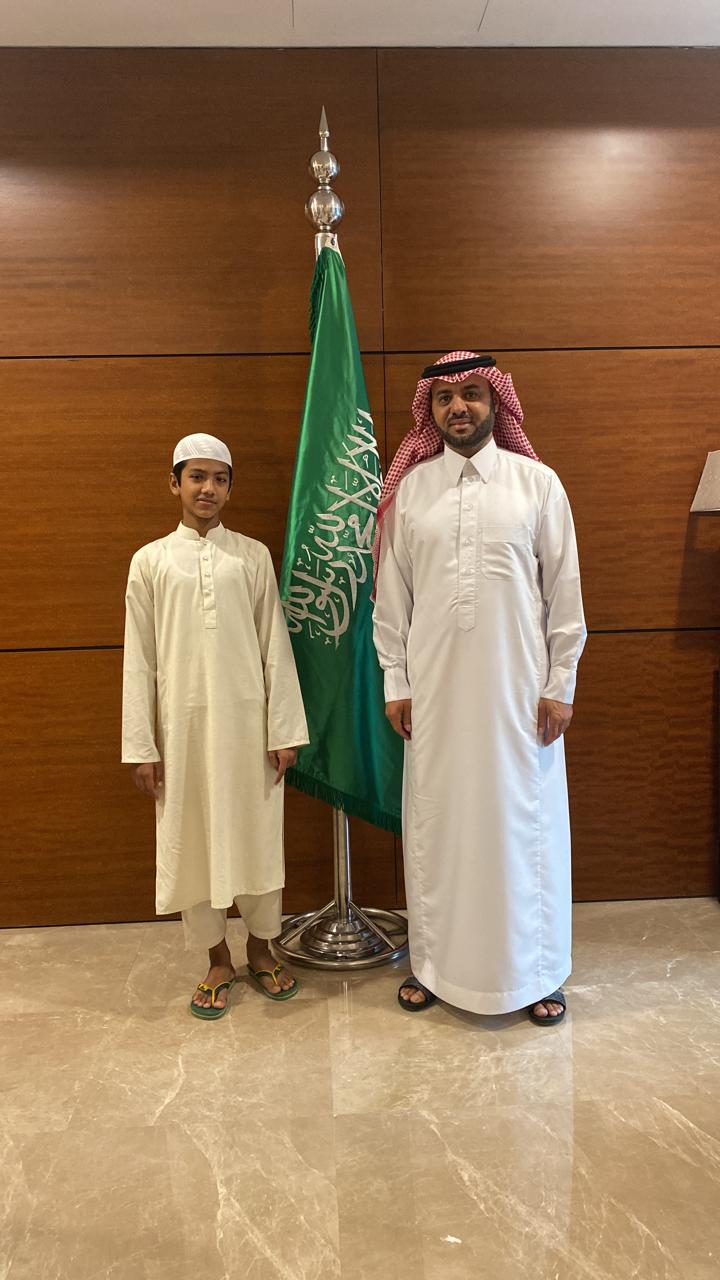Ahmed Deedat: The Man and His Mission
Ahmed Hussain Deedat is popularly known as Ahmad Deedat and he was a prominent South African Islamic scholar and activist who dedicated his life to promoting Islam and defending it against misconceptions and misconstrued interpretations. Born on July 1, 1918, in Surat, India, Deedat joined his father Hussain Kazem Deedat who was a tailor by profession in Durban, South Africa, at the age of nine.
His mother, Fatima Deedat died only a few months after his departure to Durban. Growing in a foreign country without the affection of his loving mother was not easy for the little Deedat. Throughout his life, whenever he mentioned his mother anywhere, his eyes became moist. He faced challenges adjusting to the new culture and language in South Africa. He struggled with English, which was not his first language and faced discrimination due to his religion and ethnicity. The financial circumstances in the family did not allow him to gain formal education beyond 6th standard. He left school at the age of sixteen to work at a shop as a salesman.
Despite the challenges and poverty, Deedat’s father left no stone unturned to instill in his son a strong sense of Islamic identity and a passion for learning. He attended an Islamic madrasah (religious school) in Durban, where he studied the Quran, Hadith (sayings and actions of the Prophet Muhammad), and Islamic jurisprudence.
In 1936, while working as a furniture salesman, a group of nascent missionaries from a Christian seminary on the Natal South Coast regularly visited him and during their efforts to convert him and other people of the Muslim faith, often accused the Islamic prophet Muhammad of having “used the sword” to bring people to Islam. Such accusations offended Deedat and created his interest in comparative religion.
Once he found a book titled ” Izhar ul-Haqq (Truth Revealed) written by Rahmatullah Kairanawi in his employer’s basement, he studied it attentively and that changed the future course of his life.
This early religious education laid the foundation for Deedat’s deep understanding of Islam and Christianity and shaped his later role as a prominent scholar on Comparative religion and probably the greatest Islamic debater ever. He will always be known for his vast knowledge of Islamic teachings, his prolific writing, and his passionate public speaking.
Deedat’s debut lecture, entitled “Muhammad: Messenger of Peace”, was delivered in 1942 to an audience of fifteen people at a Durban cinema named Avalon Cinema. A major vehicle of Deedat’s early missionary activity was the ‘Guided Tours’ of the Jumma Mosque in Durban. He himself was one of the guides, hosting tourists and giving introductions to Islam and its relationship with Christianity.
Deedat was in favor of the creation of Pakistan and when that happened, he moved to Karachi in 1949 and lived there with his family for three years. He possibly did not find it the Islamic state he had expected , therefore, he emigrated to South Africa.
By the early 1980s, Ahmed Deedat’s work was beginning to be known outside his native South Africa. As a result, at age of 66, Deedat began a decade of international speaking tours around the world— Saudi Arabia, Egypt, USA, UK, Australia, Denmark, Sweden, Canada, UAE, etc. As his fame and glory grew, the number of his enemies and critics also grew.
Some ignorant Muslims harped that he was misrepresenting Islam and some non-Muslims accused him of misinterpreting their respective religions. To tell you the truth, none of his opponents dared to debate him publicly and a handful of people who ventured to debate him were miserably defeated.
One of Deedat’s notable achievements was his role in founding the Islamic Propagation Centre International (IPCI) in Durban, South Africa, in 1957. The IPCI aimed to educate non-Muslims about Islam and promote interfaith dialogue. Deedat used his eloquence and deep understanding of Islam to engage in debates, lectures, and discussions with people of other faiths, particularly Christians and Jews.
He became renowned for his ability to present Islam in a logical and convincing manner, using evidence from the Quran, Hadith (the sayings and actions of Prophet Muhammad), and historical sources. He was awarded the King Faisal International Prize in 1986 for his fifty years of missionary work.
Deedat’s expertise in comparative religion was evident in his numerous books and pamphlets, which were translated into several languages and distributed worldwide. His most well-known works include “The Choice: Between Islam and Christianity,” “Is the Bible God’s Word?,” and “Crucifixion or Cruci-Fiction?” Through his writings and lectures, Deedat tackled misconceptions about Islam, refuted common objections, and clarified Islamic teachings, making them accessible to people of different backgrounds.
In addition to his intellectual endeavors, Deedat was also a passionate advocate for social justice and human rights. He spoke out against apartheid in South Africa and condemned injustice wherever it existed. He used his platform to raise awareness about the plight of Palestinians and spoke in support of their rights and freedom. Deedat’s unwavering commitment to justice and equality earned him respect and admiration from Muslims and non-Muslims alike.
Deedat’s work , as hinted already , was not without controversy, as some critics accused him of being confrontational or provocative in his approach. However, his supporters saw him as a fearless defender of Islam who fearlessly challenged misconceptions and defended the faith. Deedat’s contributions to Islamic scholarship and his efforts to promote interfaith dialogue continue to inspire Muslims around the world.
Tragically, Deedat suffered a stroke in 1996, which left him partially paralyzed and unable to speak. I personally believe that stroke was a blessing in disguise for him as that was Allah’s way of telling him ,’’ Mr. Deedat, you have been speaking in my favor continuously for seven decades. Take it easy and have some rest , old man’’.
He passed away in 2005 at the age of 87 after making lakhs of non-Muslims revert to Islam. He remained an inspiration to others, and his legacy continues to thrive through the works of the IPCI and his writings, which are still widely read and studied today. He was a nightmare for Christian missionaries across the globe including the pope.
However, the purpose of Deedat’s debates was not necessarily to “win” in a competitive sense, but rather to present Islamic teachings, clarify misconceptions, and engage in interfaith dialogue. He engaged in debates with several prominent Christian apologists and scholars during his career. Some of the famous Christians who debated Deedat include:
Dr. Floyd E. Clark: Deedat engaged in a series of debates with Dr. Floyd E. Clark, an American Christian evangelist and scholar, in 1957. The debates were held in Durban, South Africa, and focused on topics related to Christianity and Islam.
Pastor Stanley Sjoberg: Deedat also had debates with Pastor Stanley Sjoberg, an American Christian missionary and evangelist, in the 1980s. These debates centered on various topics, including the divinity of Jesus, the crucifixion, and the concept of the Trinity.
Jimmy Swaggart: Deedat engaged in a great debate with Jimmy Swaggart, a well-known American Pentecostal evangelist and televangelist, in the early 1990s. The debate revolved around the divinity of Jesus and the authenticity of the Bible.
Dr. Anis Shorrosh: Deedat had a series of debates with Dr. Anis Shorrosh, a Palestinian-American Christian apologist and author, in the 1980s and 1990s. The debates covered a wide range of topics, including the divinity of Jesus, the authenticity of the Bible, and the concept of salvation in Christianity and Islam.
Josh McDowell: Deedat had an amazing debate with Josh McDowell, a well-known American Christian apologist and author, in the 1980s. The debate focused on topics related to the historical reliability of the Bible and the claims of Christianity.
These debates between Deedat and various Christian scholars and apologists were often characterized by passionate discussions and exchanges of theological arguments.
These debates helped lakhs of people to enter the holy fold of Islam. I have personally not seen a better debater than Ahmad Deebat anywhere in the modern world. Most of his debates and lectures are available on YouTube.
In conclusion, Ahmed Deedat was a prominent Islamic scholar and activist who dedicated his life to promoting Islam, defending it against misconceptions, and advocating for social justice. His scholarly works, lectures, and debates have made a significant impact in promoting interfaith understanding and clarifying Islamic teachings.
Although he faced criticism and controversy, Deedat’s contributions to Islamic scholarship and his unwavering commitment to justice continue to inspire Muslims worldwide. His legacy lives on, and his work remains relevant in today’s world, where the need for interfaith understanding and dialogue is more important than ever.
People who don’t understand Islam have painted it as a violent religion. But if you understand it, you’ll see it teaches compassion, kindness and fairness.
11 Apr 2023,19:38















 Live Tv
Live Tv
